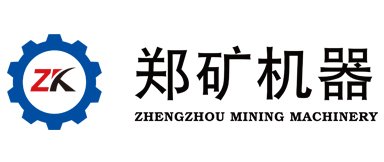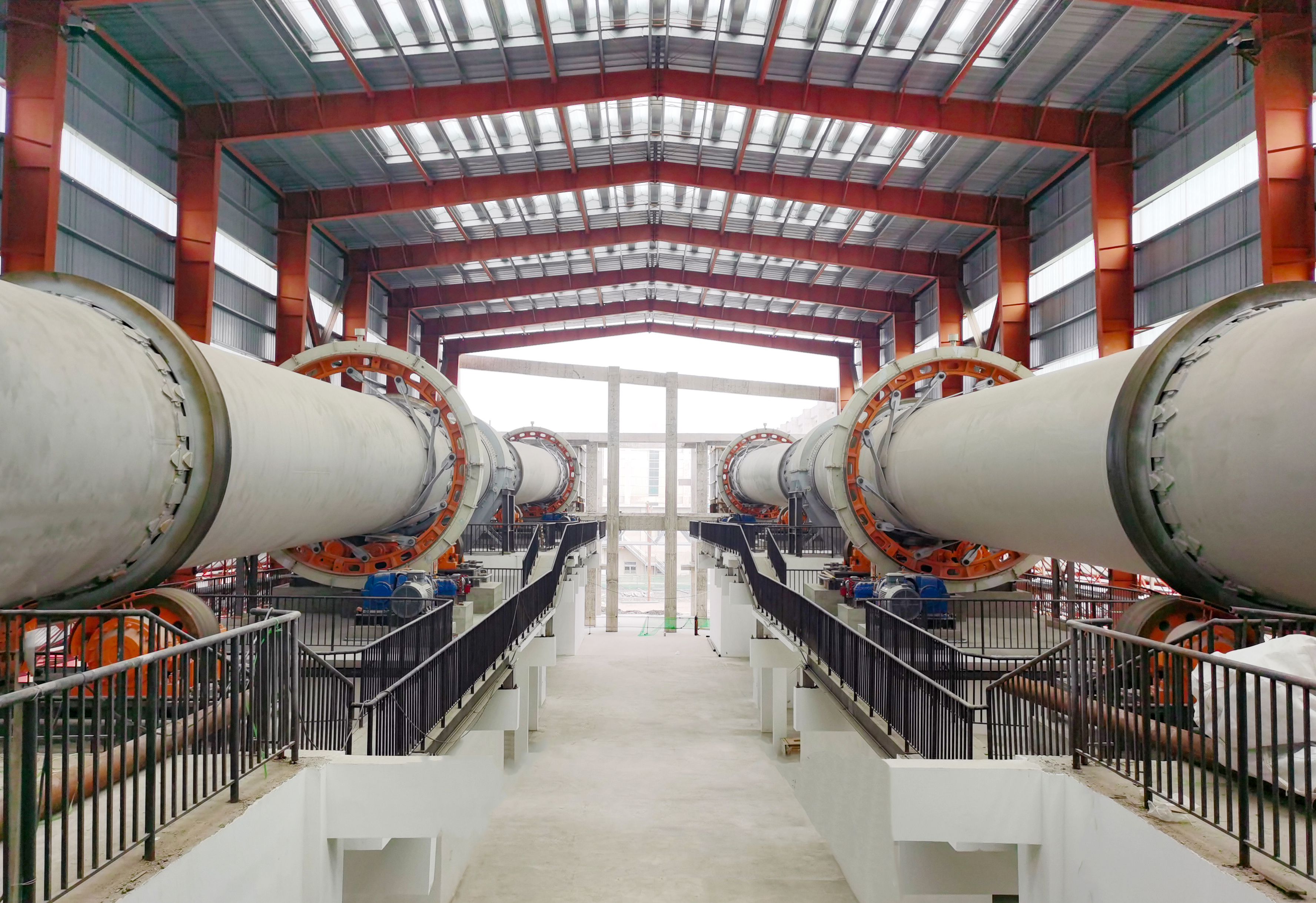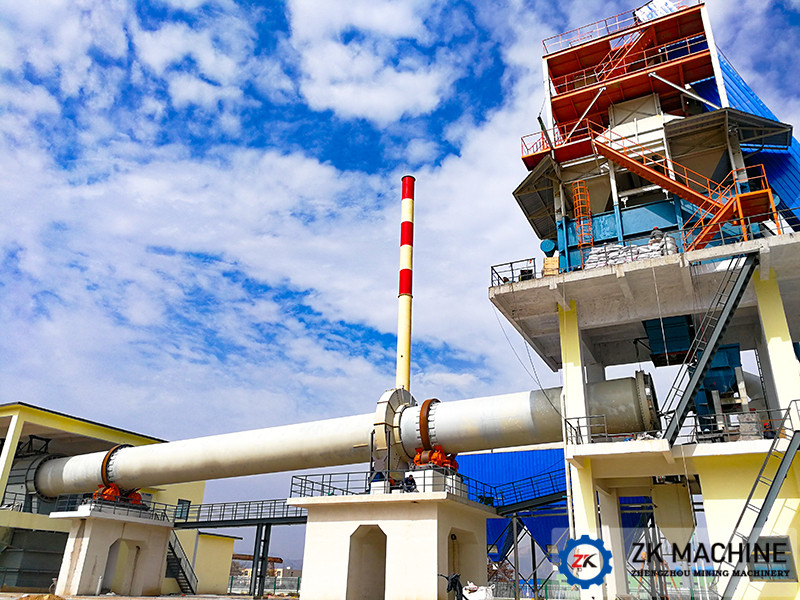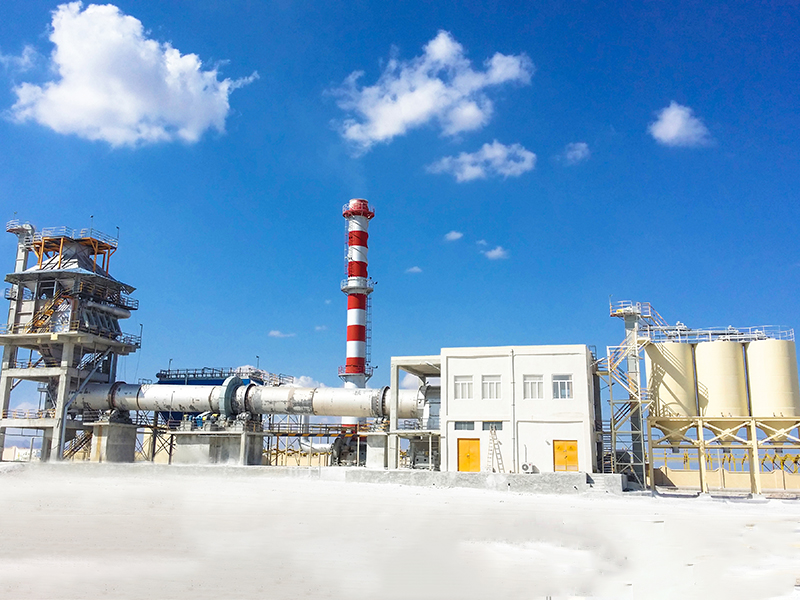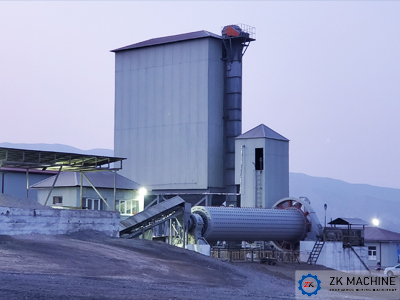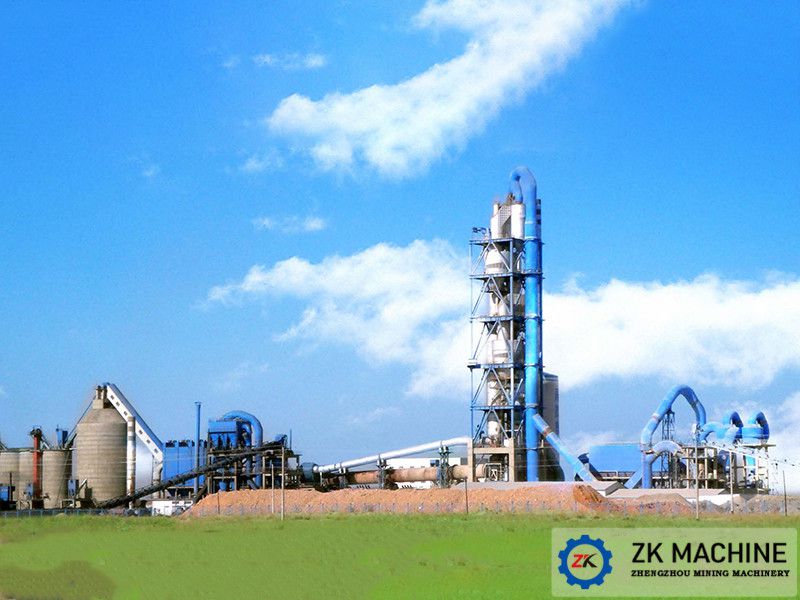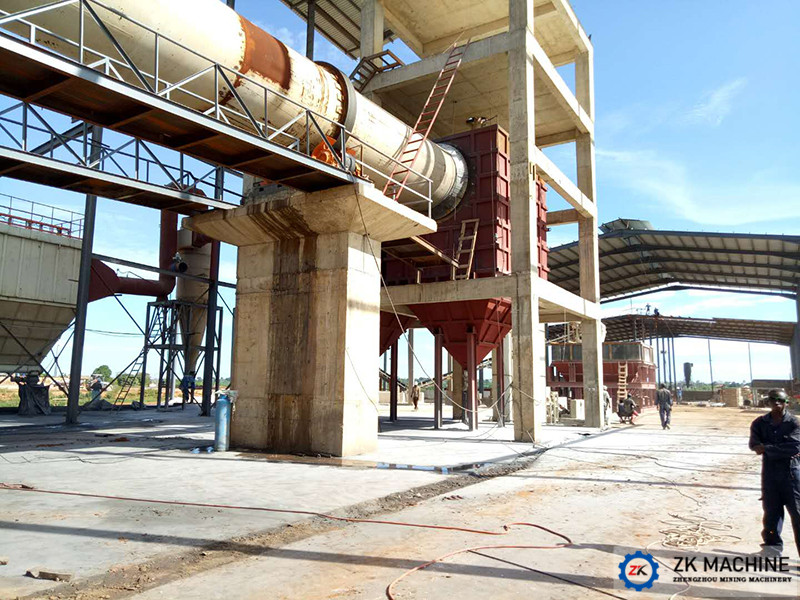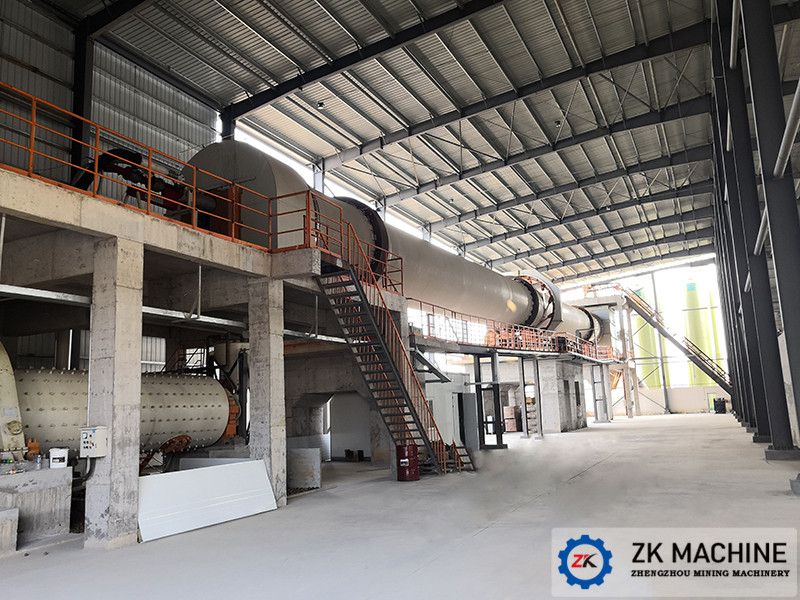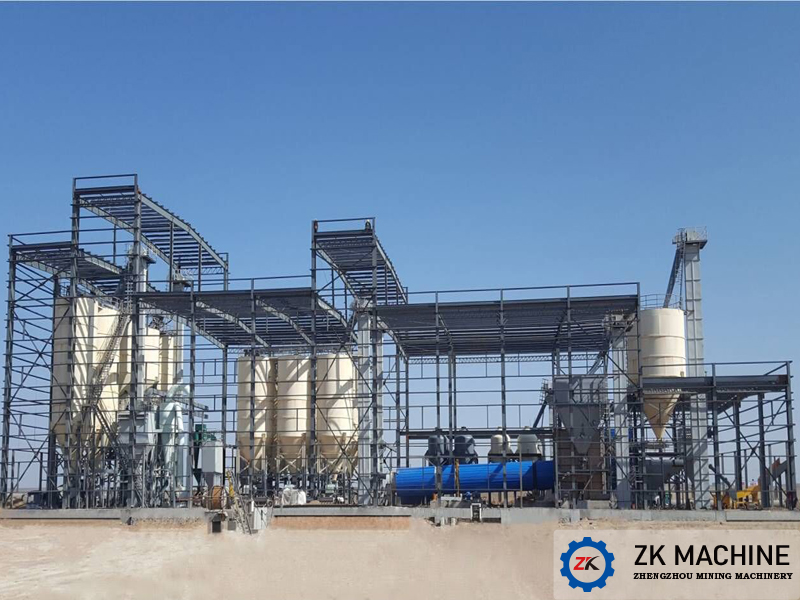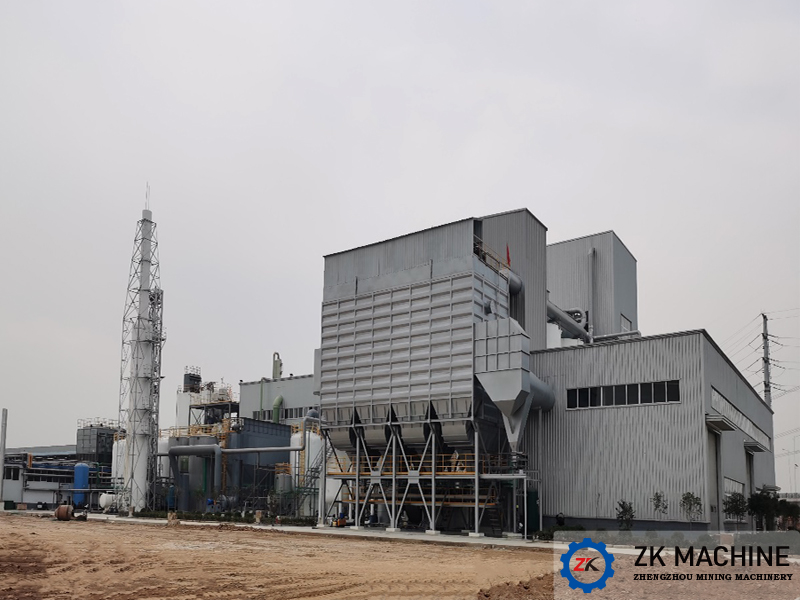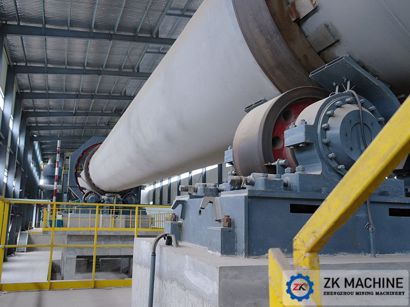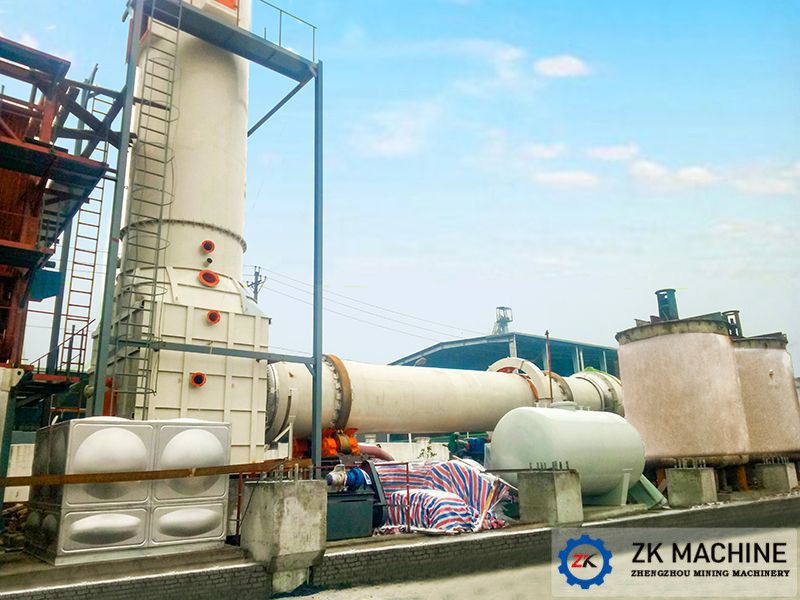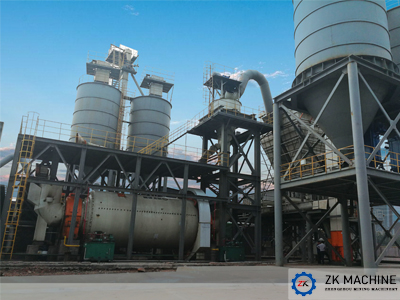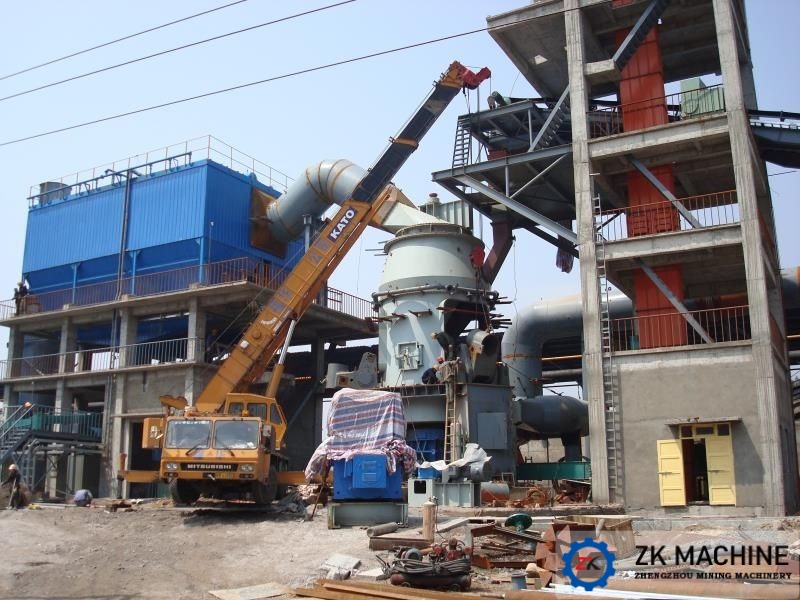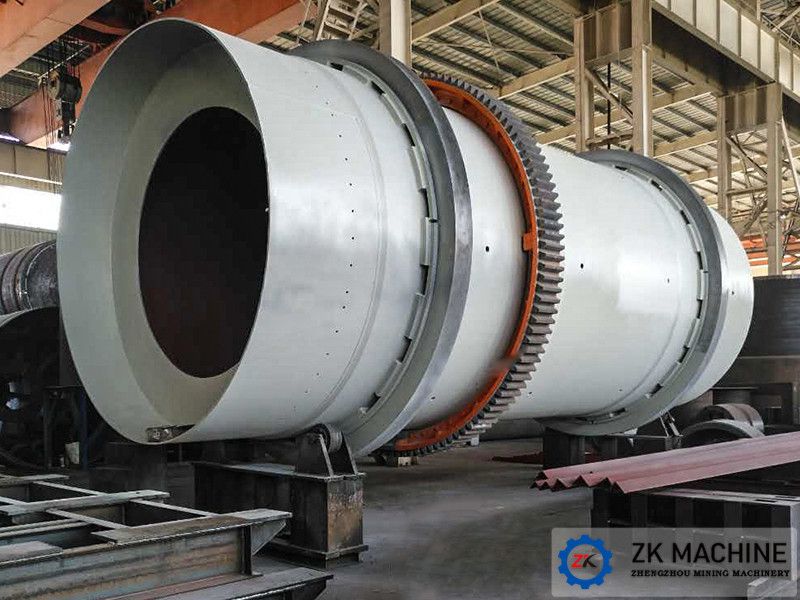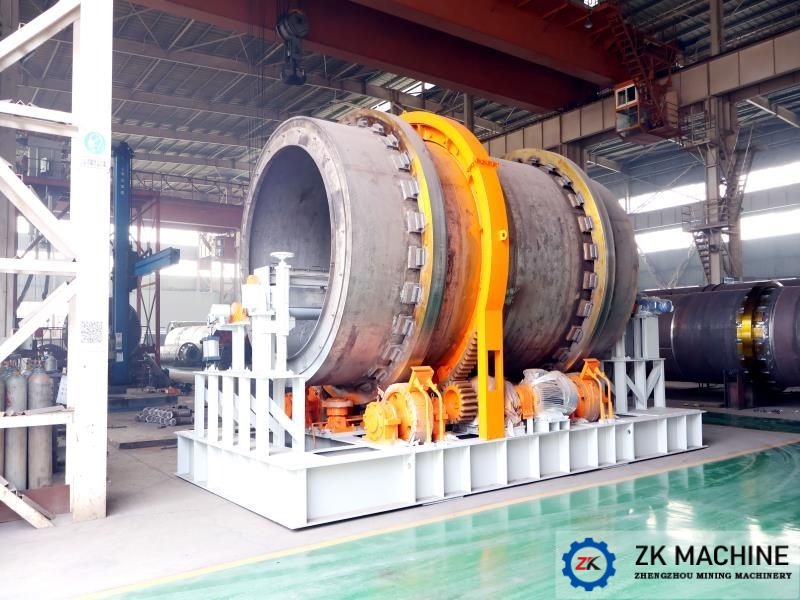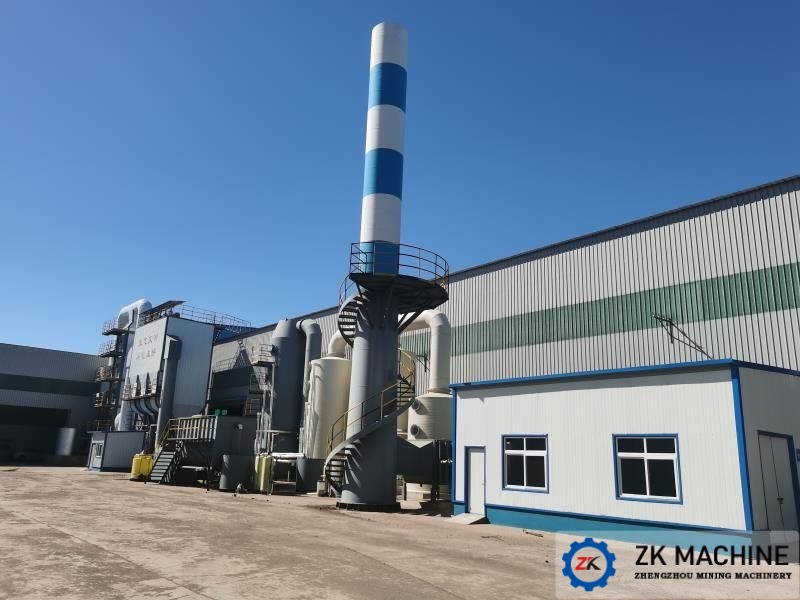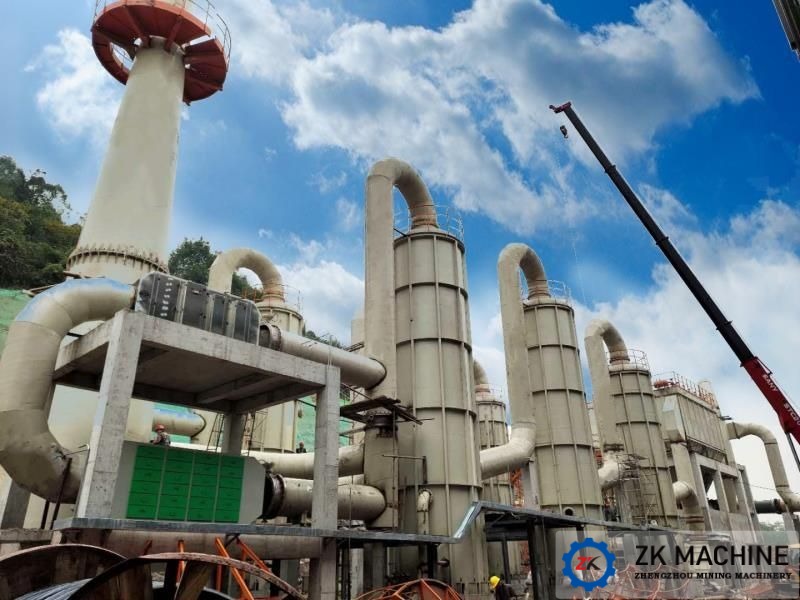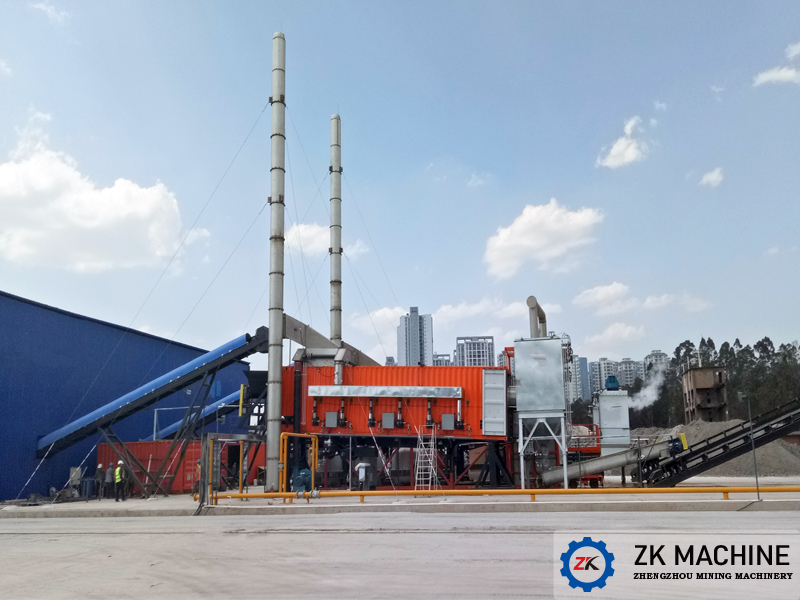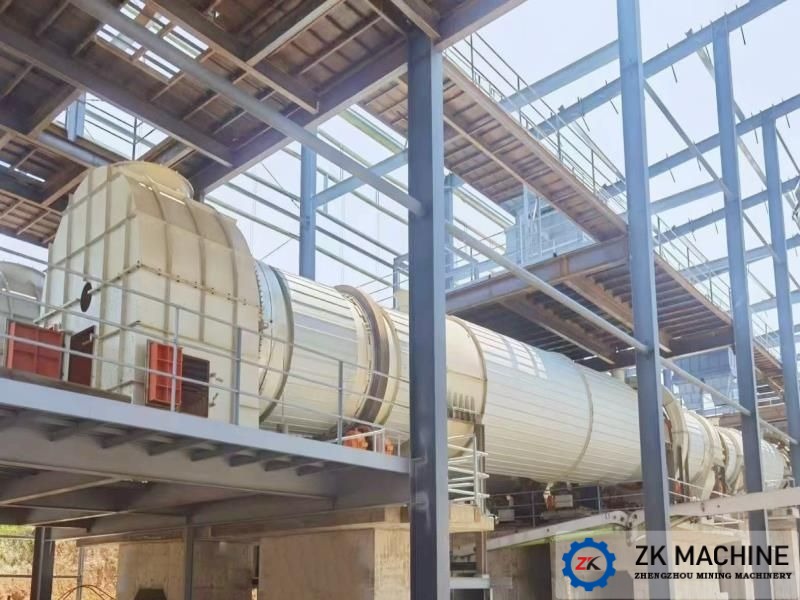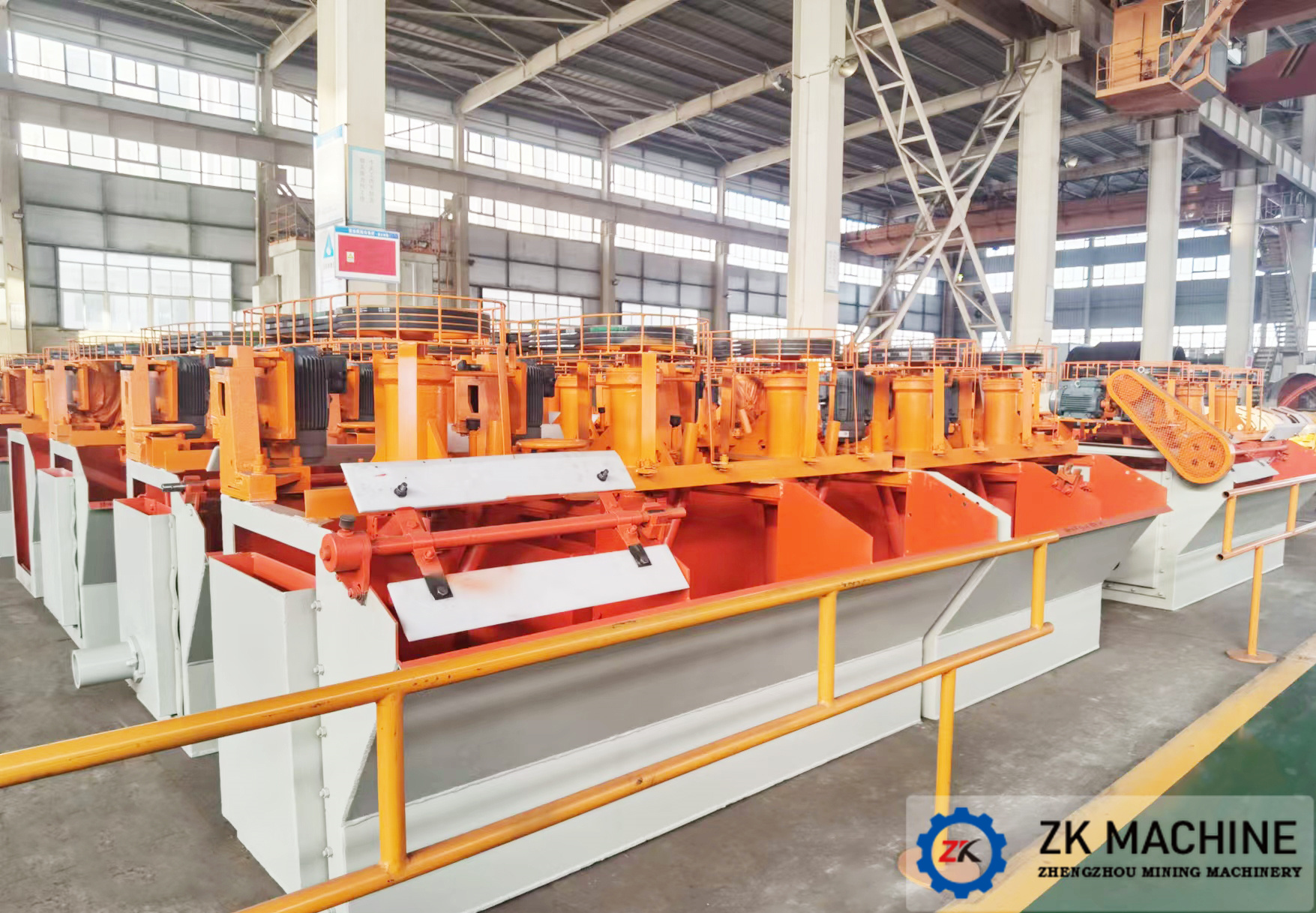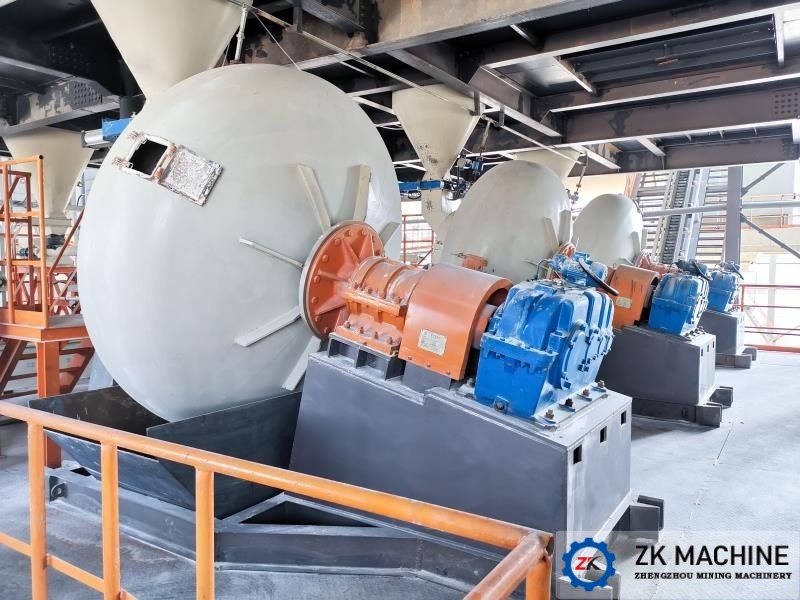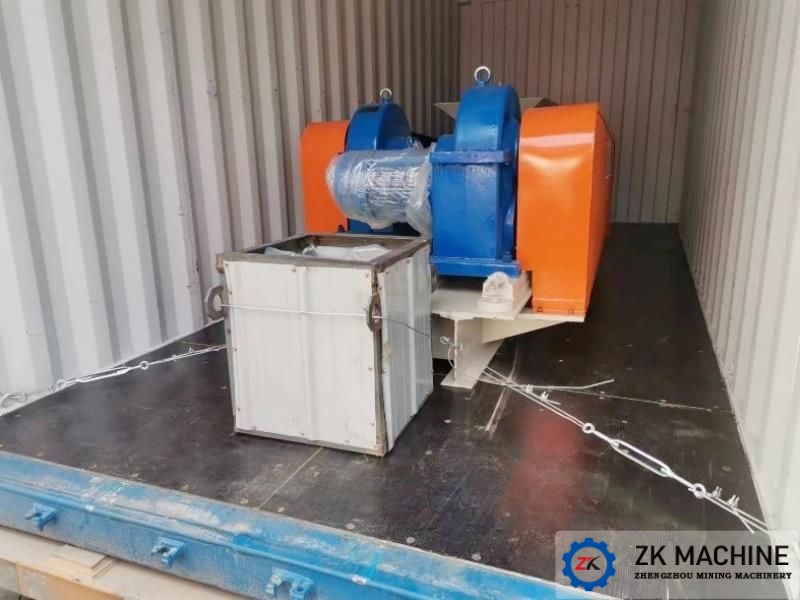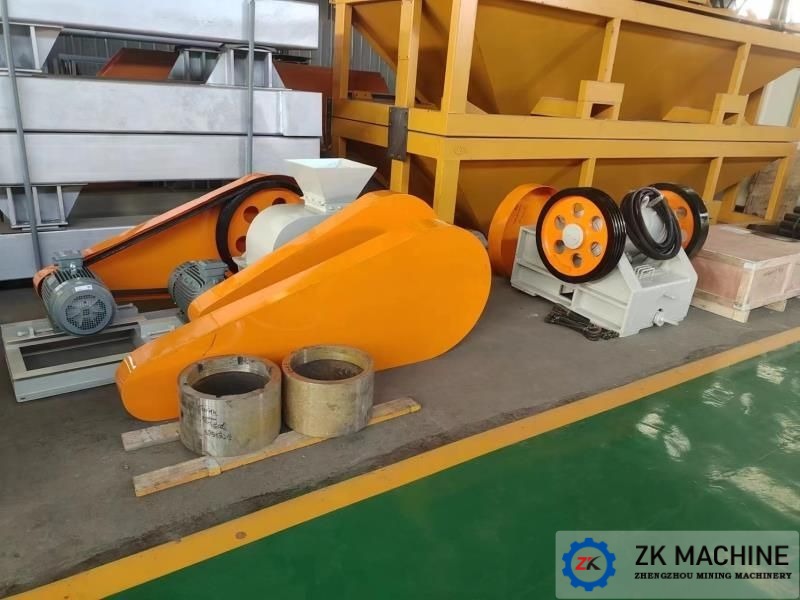Main Equipment and Technology for Producing Magnesium Oxide from Magnesite
The calcination of magnesite to produce magnesia requires MgO>45%, SiO2<1.2 and CaO<1.5% for the ores used for calcination. The essence of magnesite calcination is the decomposition of carbonate: MgCO;=MgO+CO2.
When magnesite is heated to above 640°C, it begins to decompose into magnesium oxide and carbon dioxide. When calcined at 100~1000C, carbon dioxide does not completely escape. The product is a powdery substance called light burnt magnesia (also called caustic magnesium). , Calcined magnesium, a.-magnesium), its chemical activity is very strong, has a high degree of adhesiveness, easy to react with water to generate magnesium hydroxide.
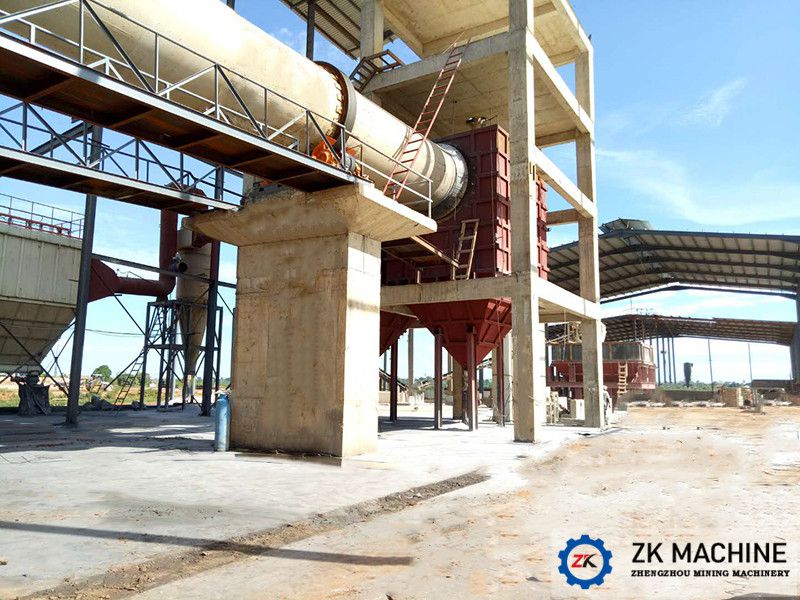
When calcined at 1400~1800°C, carbon dioxide completely escapes. Due to the occurrence of recrystallization and sintering, magnesium oxide forms a dense mass of periclase, which is called dead burned magnesia (hard burned magnesia, dead burned magnesia, β-magnesium) , This kind of heavy burned magnesia has high refractoriness.
Re-burned magnesia is melted at 2500~3000°C, and after cooling and solidification, it develops into a perfect periclase crystal, called fused magnesia, called fused magnesia or molten magnesia. High-temperature calcined magnesia is not easy to mix with water Combination of carbonic acid has the characteristics of high hardness, strong chemical resistance and high resistivity.
Because these calcined products of magnesite have different chemical properties and characteristics, their uses are different. At present, the main production of sintered magnesia in China is shaft kiln, shaft kiln, rotary kiln and tunnel kiln can be used to produce light burned magnesia, and the main production equipment for electric melting is electric magnesia furnace.
Henan Zhengzhou Mining Machinery Co., Ltd. has rich experience in magnesite calcination projects, providing customers with a complete set of solutions. The process flow mainly includes raw material storage, magnesite calcination, grinding and pressing, reduction and refining, etc..
